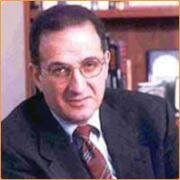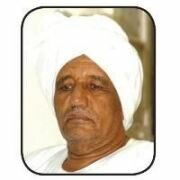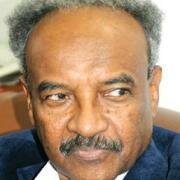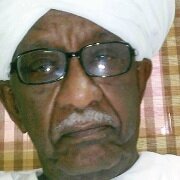(Sudanow) - By every measure it looks like scoop. A meeting between the country’s top security chief
, Salah Gosh and leading members of the central committee of the opposition body the Communist Party was first reported not by the National Intelligence Security Services (NISS) or any of the government media outlets, but by a statement by the party’s politburo!
Events started to unravel few hours earlier, when social media platforms were swarmed with a rumor that Siddig Yousef, a leading communist figure who was recently released from detention following January demonstration was taken back to prison. It was cleared later that he was asked to join the meeting with four of his colleagues led by the party’s secretary general: Mohamed Mukhtar Al-Khateib.
According to the statement NISS director told the communists that they are welcomed to participate politically and that the only way for the regime change is through the ballot box. Moreover, it added that this is not part of a dialogue, which will have its own channels and that the rest of the detainees will be released as part of an improvement in the margin of freedom in expression and association.
However, it is noticeable that Sudan has adopted so far a selective approach in dealing with those detained after January demonstrations. It was a clear message when Presidential Assistant Abdel Rahman El-Sadig El-Mahdi went to Kober prison to announce releasing some of the detainees. But it turned out that those released were mainly members of the Umma Party, a move that dubbed by opposition as a move to divide its camp.
Aside from the media scoop, the meeting could easily be seen as going along the same route of selective, piecemeal approach that may lead eventually to dividing the opposition.
This selective approach is being applied also in dealing with Chairman of the Umma Party El-Sadig El-Mahdi, who has been elected chairman of the Sudan Call, the umbrella that groups a number of opposition organizations including some resorting to arms like SPLA-N and two of Darfur rebel groups. The government accused El-Mahdi of allying with opposition groups resorting to violence to change the regime and that since he has his party registered inside Sudan and is committed to operating using peaceful means he should be held accountable.
But the government ignored another Mahdi, that is Nasr Eddin El-Hadi El-Mahdi, whose official title is deputy chairman of the Revolutionary Front (RF). The main objective of that front since it was established more than six years ago was to topple the regime by force, but nobody bothered even to ask him about his activities when he visited Sudan earlier this year.
Clearly there is a big difference between the two in terms of political influence, followers, contacts inside and outside Sudan, but that is not the issue. The real issue is whether the government is serious enough in pushing for national reconciliation, reduce the current political tension and open the way for a degree of stability that allows for tackling the country’s chronic problems.
However, despite the selective approach being carried out so far in dealing with the opposition, there is hope, fingers crossed, that things may take a different turn. And that hope falls to a large extent on NISS director Salah Gosh. Following his relief from his post nine years ago, he used his then new position as national security advisor to an across the political spectrum national dialogue activity bringing all political forces inside the country to the table.
However, that effort was aborted due mainly to power struggle within the National Congress Party and even went step further to put Gosh in prison due to an alleged coup attempt. Now back into the influential NISS director’s seat he should be in a position to deliver on his earlier attempt. The timing is more appropriate given the second phase of the Sudanese-American dialogue with the main goal of lifting Sudan’s name from the list of States Sponsoring Terrorism. After all it was Gosh himself who initiated that dialogue with the CIA more than a decade ago.
Yet whatever foreign and diplomatic effort is made it has to be based on issues related to the domestic front. A starting point could be to suspend provisions that allow NISS to confiscate or forbid newspapers from publishing as well as reviewing the Public Order if not scrapping it all together. And that could be a genuine sign that something is changing.
-
The Phenomenon of Homeless Children
-
Focus: The Gaza Massacre still Going on with American Support and...Next >




